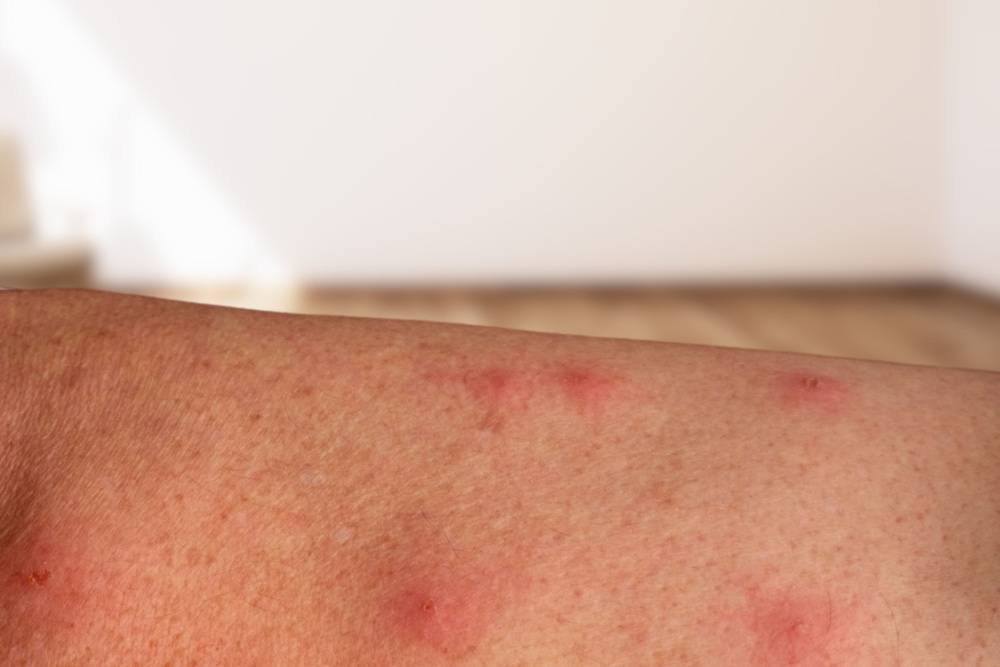On August 14, the World Health Organization (WHO) declared mpox a global public health emergency, marking the second time in two years that the viral infection has reached such a critical level.
This declaration follows a significant outbreak in the Democratic Republic of Congo (DRC) that has rapidly spread to neighbouring countries, raising international concern.
What is Mpox? Understanding the Viral Infection
Mpox, previously known as monkeypox, is a viral infection that is typically transmitted through close contact, including skin-to-skin contact, respiratory droplets, and contaminated materials such as bedding. The virus is part of the Orthopoxvirus genus, which also includes the smallpox virus. Although mpox is generally less severe than smallpox, it can still cause serious illness, especially in vulnerable populations.
Symptoms of mpox include flu-like symptoms such as fever, headache, muscle aches, and exhaustion, followed by the development of a characteristic rash. The rash often begins on the face and then spreads to other parts of the body, forming pus-filled lesions that eventually scab over. While the disease is usually mild and self-limiting, it can be fatal in rare cases, particularly in children and individuals with weakened immune systems.
The Current Outbreak: A New Variant and Its Implications
The current outbreak in the DRC is particularly concerning due to the emergence of a new variant of the virus, known as clade Ib. This variant appears to be more transmissible than previous strains, spreading more easily through routine close contact, including sexual contact. The outbreak began with the spread of an endemic strain, clade I, but the introduction of clade Ib has exacerbated the situation, leading to a rapid increase in cases.
As of now, the outbreak has extended beyond the DRC, affecting neighboring countries such as Burundi, Kenya, Rwanda, and Uganda. The rapid spread of the virus across borders has prompted the WHO to take urgent action, emphasizing the need for a coordinated international response to contain the disease and prevent further loss of life.
Global Response and WHO’s Call to Action
In response to the escalating situation, WHO Director-General Tedros Adhanom Ghebreyesus convened an emergency committee to assess whether the outbreak constitutes a “public health emergency of international concern” (PHEIC). The committee unanimously agreed that the current upsurge in cases is an “extraordinary event,” and the PHEIC status was officially declared.
A PHEIC is WHO’s highest level of alert, designed to mobilize global resources and coordinate international efforts to control a disease outbreak. It aims to accelerate research, secure funding, and implement public health measures to contain the spread of the virus.
“It’s clear that a coordinated international response is essential to stop these outbreaks and save lives,” Tedros stated during the announcement.
To support the response, WHO has released US$1.5 million in contingency funds, with plans to release additional funds in the coming days. The organization’s response plan requires an initial US$15 million, and WHO is appealing to donors for further funding.
The Impact of Mpox in Africa
The current outbreak in Africa is particularly alarming, with more than 17,000 suspected cases and over 500 deaths reported this year, primarily among children in the DRC. The severity of the outbreak led Africa’s top public health body to declare an mpox emergency earlier this week.
Professor Dimie Ogoina, chair of WHO’s mpox emergency committee, highlighted the unprecedented nature of the outbreak, noting that the record number of cases in the DRC and the rapid spread to neighboring countries make this an “extraordinary event.”
The high number of cases and fatalities underscores the urgent need for effective interventions, including vaccines and public health campaigns to promote behavior change. While vaccines played a crucial role in controlling a previous mpox outbreak in 2022, no vaccines are currently available for the ongoing outbreak in the DRC. WHO is working to address this gap by encouraging countries with existing stockpiles to donate vaccines and by identifying the most vulnerable populations to target for vaccination.
Challenges in Containing the Outbreak
One of the significant challenges in managing the current outbreak is the need for further research into the transmission routes of the virus in the DRC. Unlike the 2022 outbreak, which primarily affected men who have sex with men, the current outbreak appears to involve different transmission dynamics that are not yet fully understood.
Without a clear understanding of how the virus is spreading, it is challenging to implement targeted interventions. WHO has called for more research to identify the transmission routes and to develop strategies to interrupt the spread of the virus. This includes understanding how sexual transmission has played a key role in the rapid spread of clade Ib.
Conclusion: The Path Forward
The declaration of mpox as a global public health emergency highlights the severity of the current outbreak and the need for a robust and coordinated international response. With the virus spreading rapidly in Africa and beyond, the global community must act swiftly to contain the outbreak, protect vulnerable populations, and prevent further loss of life.
The situation also underscores the importance of continued research, vaccination efforts, and public health measures to control the spread of infectious diseases. As WHO and its partners work to address the current outbreak, the lessons learned will be crucial in preparing for and responding to future public health emergencies.
Have a pressing question for a doctor? Medical Channel Asia has launched a community forum page where you can get questions answered by a medical specialist. Visit the community forum here.

